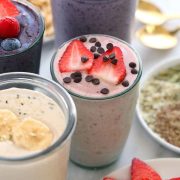The sober-curious movement is growing. Canadians are buying and drinking less alcohol than ever before, with beer sales hitting an all-time low this year. Meanwhile, fewer Americans from 18 to 54 are drinking at all, and they’re drinking less if they do. But the holidays can be a notoriously tough time to stay sober, whether that’s sticking to an existing plan or cutting back.
From free-flowing wine at your work party, to grandma insisting this year’s eggnog recipe is her best yet, the holiday season is rife with opportunities to drink.
Recent research has a refreshingly simple suggestion to curb your consumption: just remember the last time you drank before you drink again.
What’s the latest science telling us?

Alcohol doesn’t exactly have a positive impact on our ability to remember events. But how does our memory of past drinking episodes influence our future alcohol consumption?
It turns out, recalling details of a previous experience not only reduced participants’ desire to drink—it slowed their pace as well. Meaning, thinking about how much you drank last time can decrease the likelihood you’ll drink as much this time around.
That’s because memory plays a crucial role in decision-making. When we reflect on the past, we can better weigh the pros and cons for what we’re trying to figure out in the here and now.
Why is this tactic so successful?
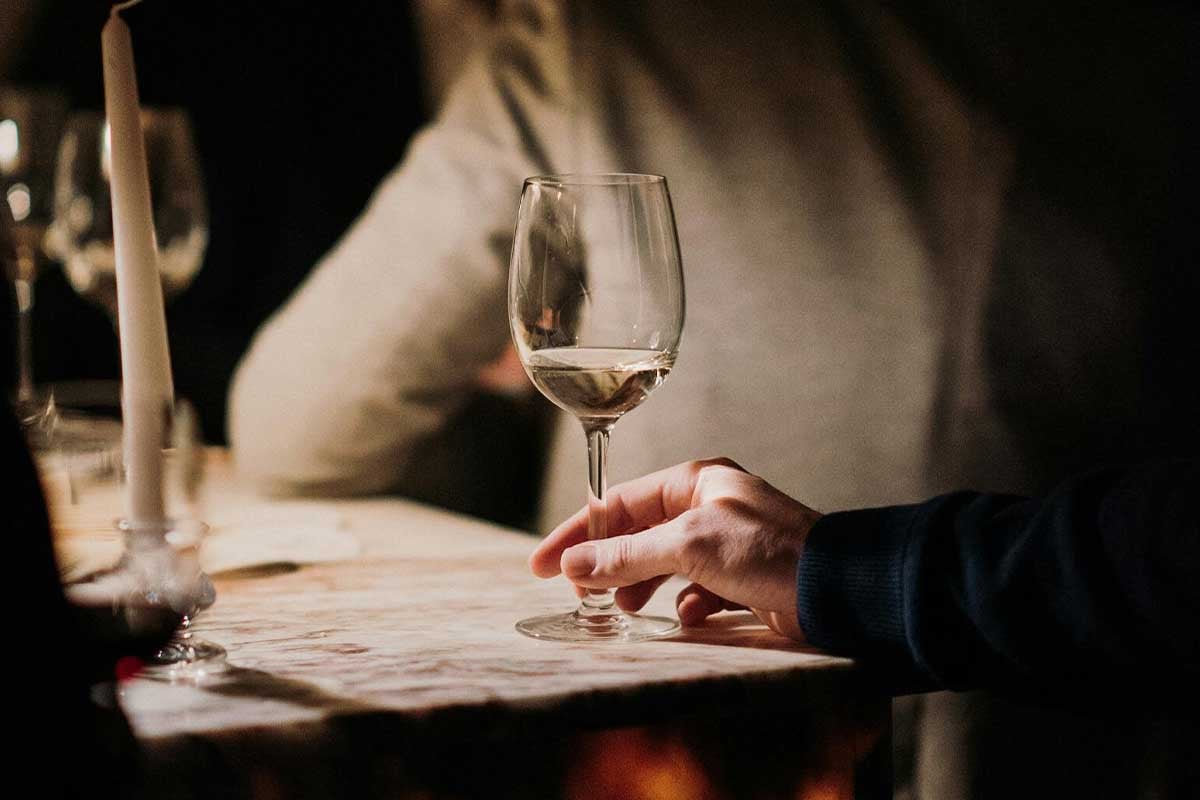
Mindfulness is a powerful way to break habits. By increasing awareness of our behavior, we can better control our decisions too. Admittedly, while it may seem simple in theory—in practice, implementing deliberate practices, like self-check-ins, is easier said than done.
Journaling your progress as you make this lifestyle shift can help you stay accountable and motivated by your results.
How can you put it into practice?

Of course, the simplest way not to do something is by routinely avoiding it altogether. But the holidays can make it especially hard to stick to your routines. If you’ve built systems around sobriety (like hanging out with different friends or going for a post-work walk rather than hitting up happy hour), December can really throw a wrench into it all. Here are four tips to help you get back on the wagon.
Use reminders
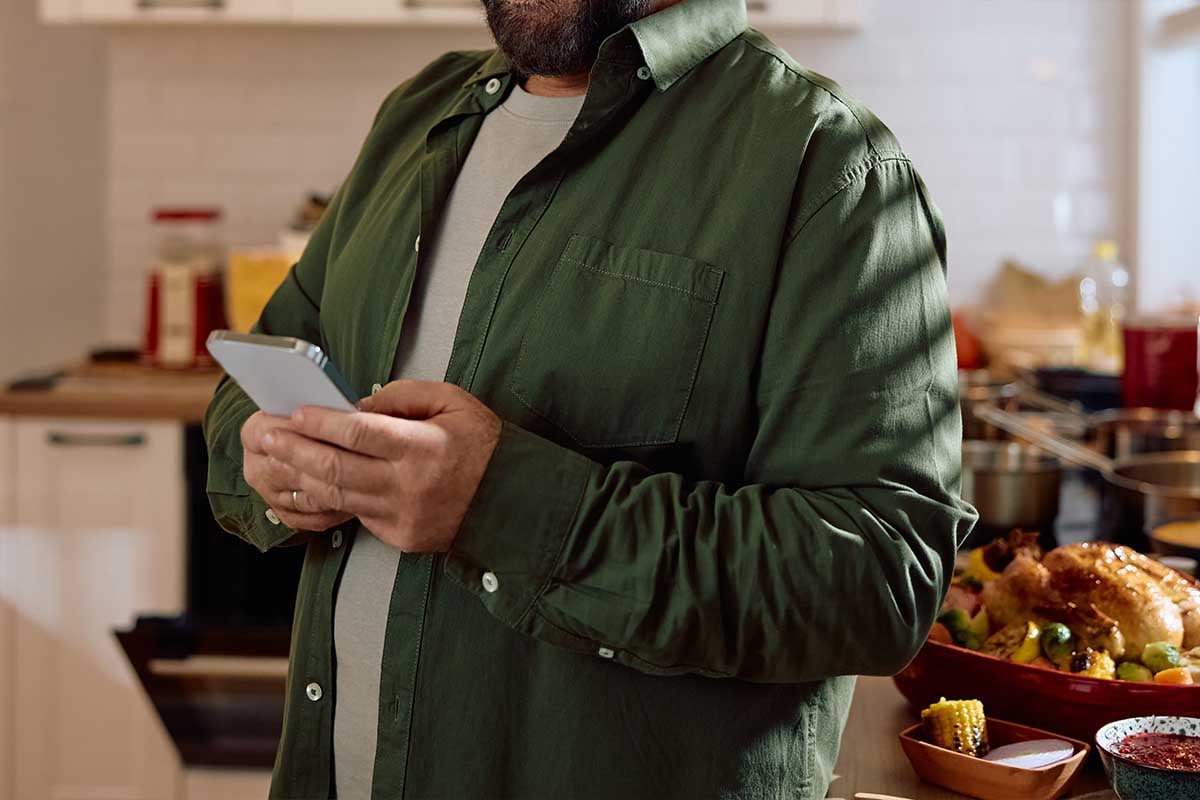
Set up a notification on your phone to gently touch base with yourself when you know you’ll be around alcohol. Or enlist a pal to keep you accountable and remind you to be mindful when you need to hear it most.
Set a personal goal

Participants in a recent study were asked to estimate the calories consumed in their last drinking session before being offered another drink. This was observed to increase the likelihood of drinking less in the moment. So, if you are on a weight management journey, this type of goal may feel right for you. But, if that doesn’t resonate with your reasons for drinking less, there are plenty of other positive goals to set, like getting more or better-quality sleep.
Track your progress
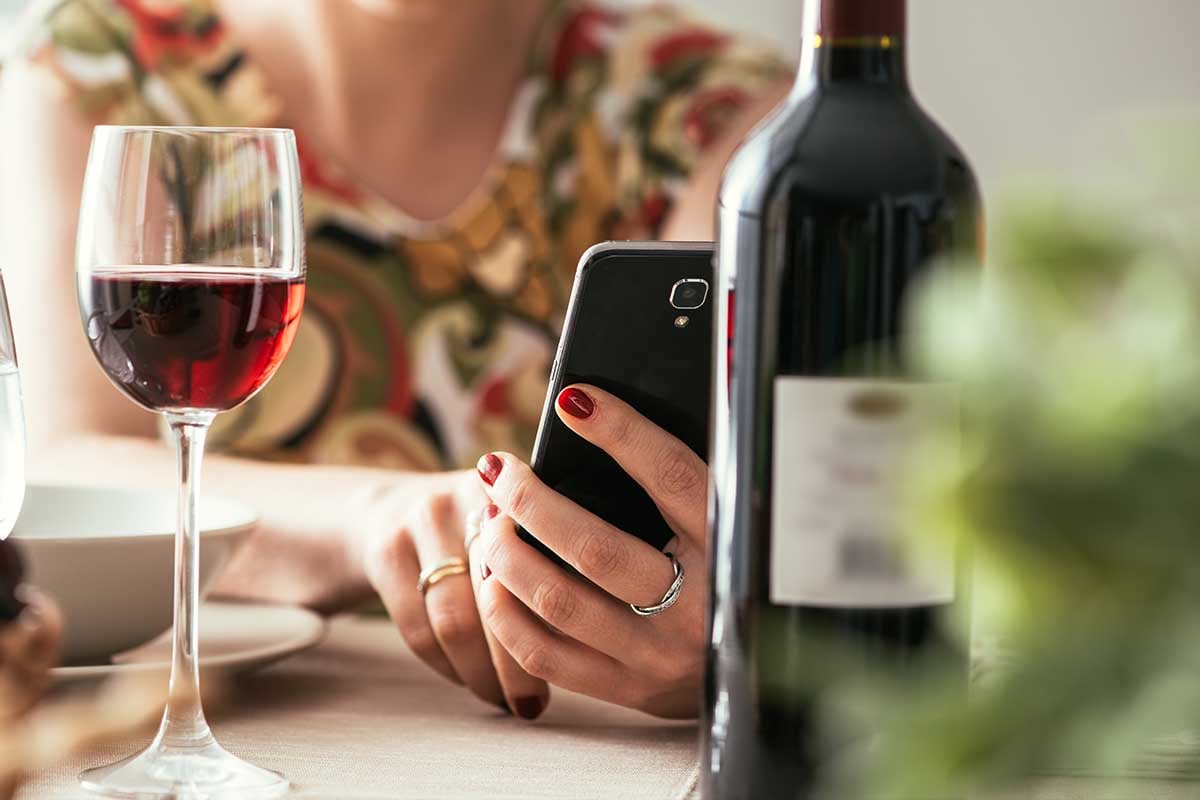
Take note of how much you’re drinking to reduce your intake. There are plenty of apps out there to help you keep tabs on how much alcohol you’re having. The tracking process alone has proven effective at decreasing baseline alcohol consumption.
Replace your alcohol

Studies show that simply having access to non-alcoholic beverages can help reduce alcohol intake. Hosting a holiday party? Stock the bar cart with clever and creative mocktails for your guests. A Rosemary and Clementine Sparkler or Zesty Mediterranean Mocktail will surely get you more brownie points than a plain old bottle of red. And if you’re headed out for a holiday event, bring your own buzz-free mocktail to make sure you’ve got a tasty option on hand.
Who can benefit the most?

While some studies in this field have focused exclusively on women, mindfulness can resonate with anyone who’s curious and wants to better understand their own habits or instincts.
Those who have lamented that they’ll “never drink again!” know the feeling of wanting to change all too well.
The key to actually changing is an openness to exploring intentional drinking in the first place. And with mindfulness can often come self-compassion—which, let’s be frank, is never a bad thing.
Why cut back on alcohol during the holidays?
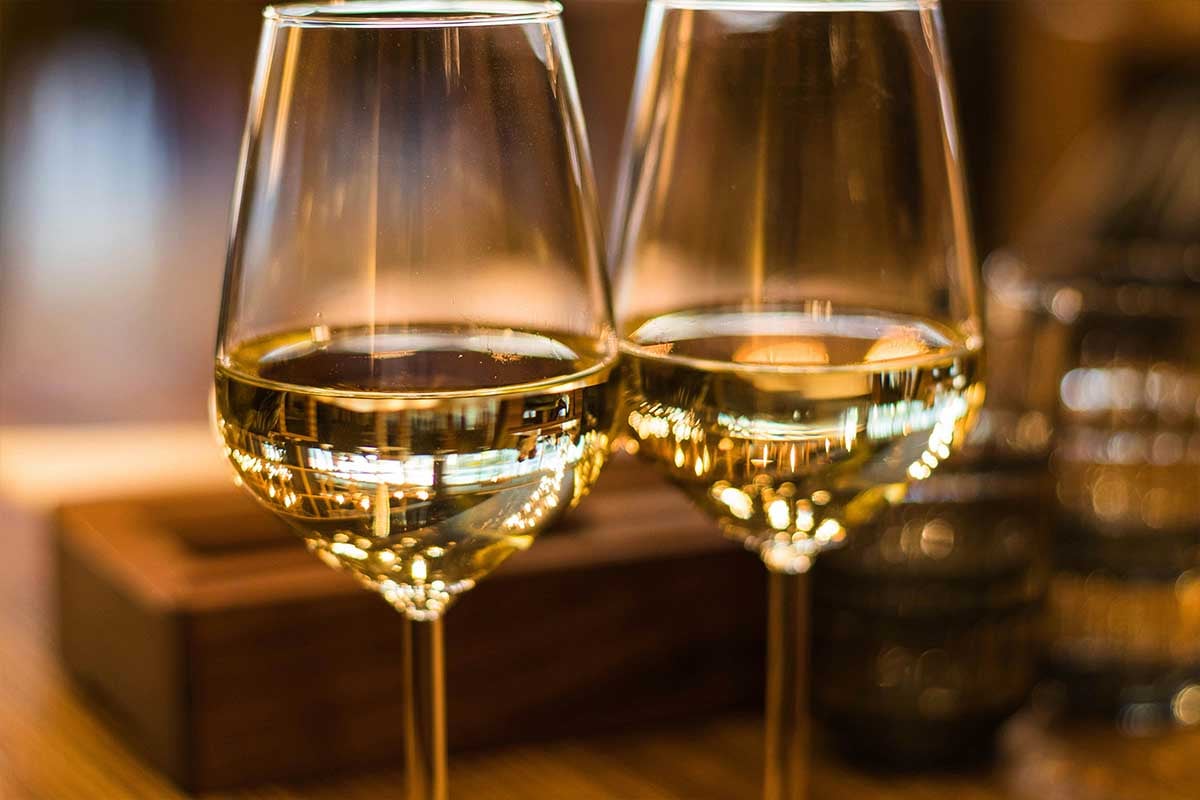
Beyond physical health, drinking less can also help with anxiety and depression. A National Alliance on Mental Illness study found that 64 percent of people with mental illness report the holidays make their conditions worse. And alcohol can exacerbate this vicious cycle, as poor mental health can end up fueling increases in alcohol consumption.
Taking a moment to recall the repercussions on your physical health and your mood can help reduce the likelihood of that downward spiral.
Living mindfully with alcohol
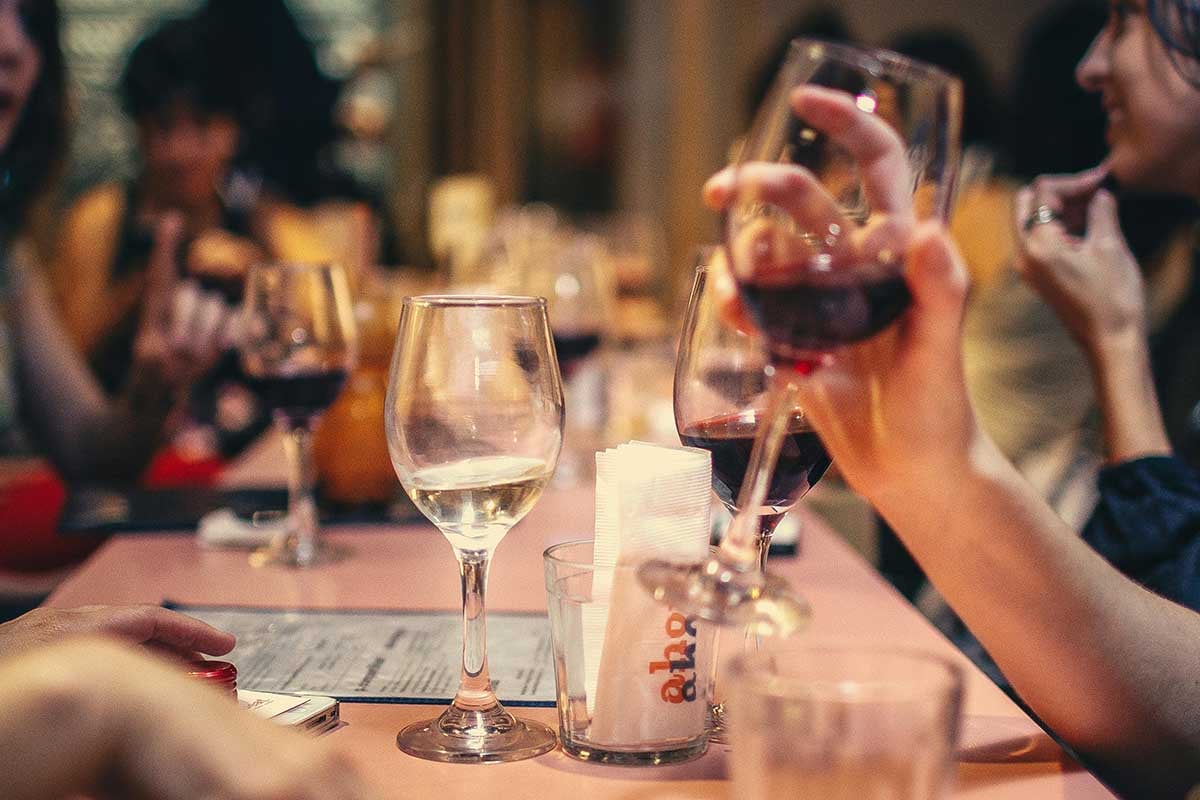
Ultimately, cutting down on your holiday drinking is all about taking a different kind of shot: a shot at living with curiosity and intentionality, and seeing how drinking less really feels.
It’s not about going cold turkey (that binary mindset is more likely to foster disappointment if there’s a slip-up or setback). But taking yourself on a trip down memory lane may be the best way to find a new path forward, whatever that looks like for you.

